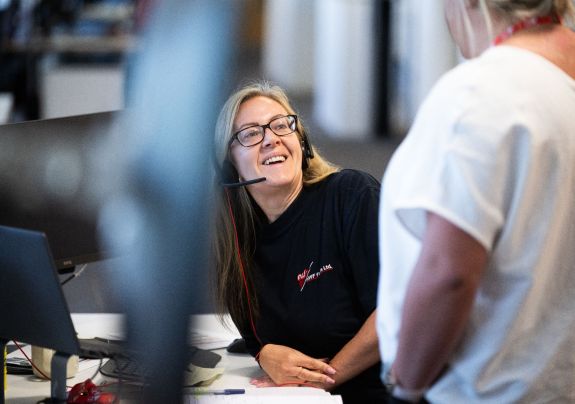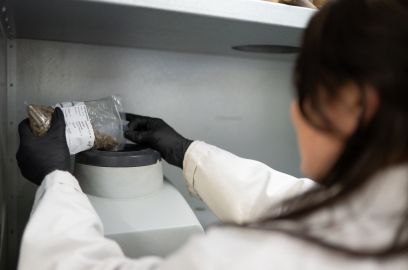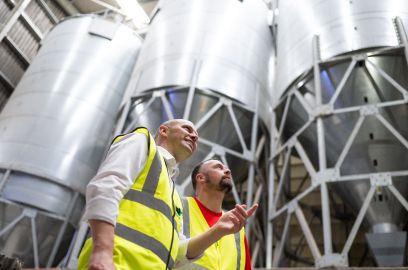The Group’s strategy aims to deliver long-term sustainable value for stakeholders.
Performance against our strategy

Commercial effectiveness
Selling as well as possible through understanding our customers’ needs
Objectives:
- Establishing a sales model that focuses effectively on the customers’ needs and maximises our sales performance
- Ensuring KPIs are established to monitor against targets
- Enabling regional control over procurement and sales price
- Aligning sales model to operational model to ensure end to end customer service is managed at a regional level
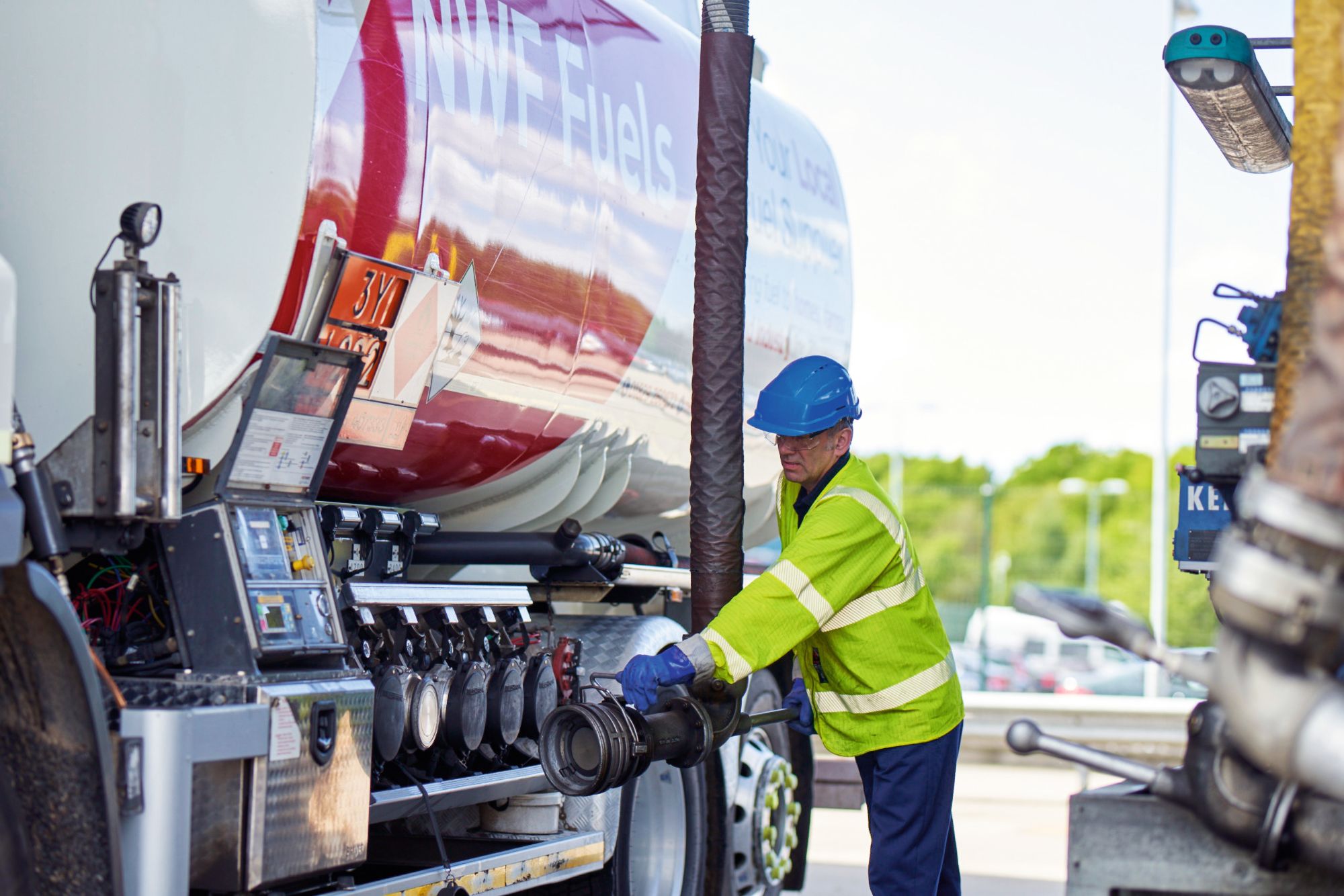
Operational efficiency
Continuous focus on high service levels combined with a low cost to serve
Objectives:
- Establishing a regional operational model that delivers operational efficiency whilst supporting customers’ needs
- Consolidate vehicle management and delivery routing
- Drive vehicle efficiency through optimised use of depots and fuel terminals as delivery locations
- Develop and report a suite of operational and service KPIs
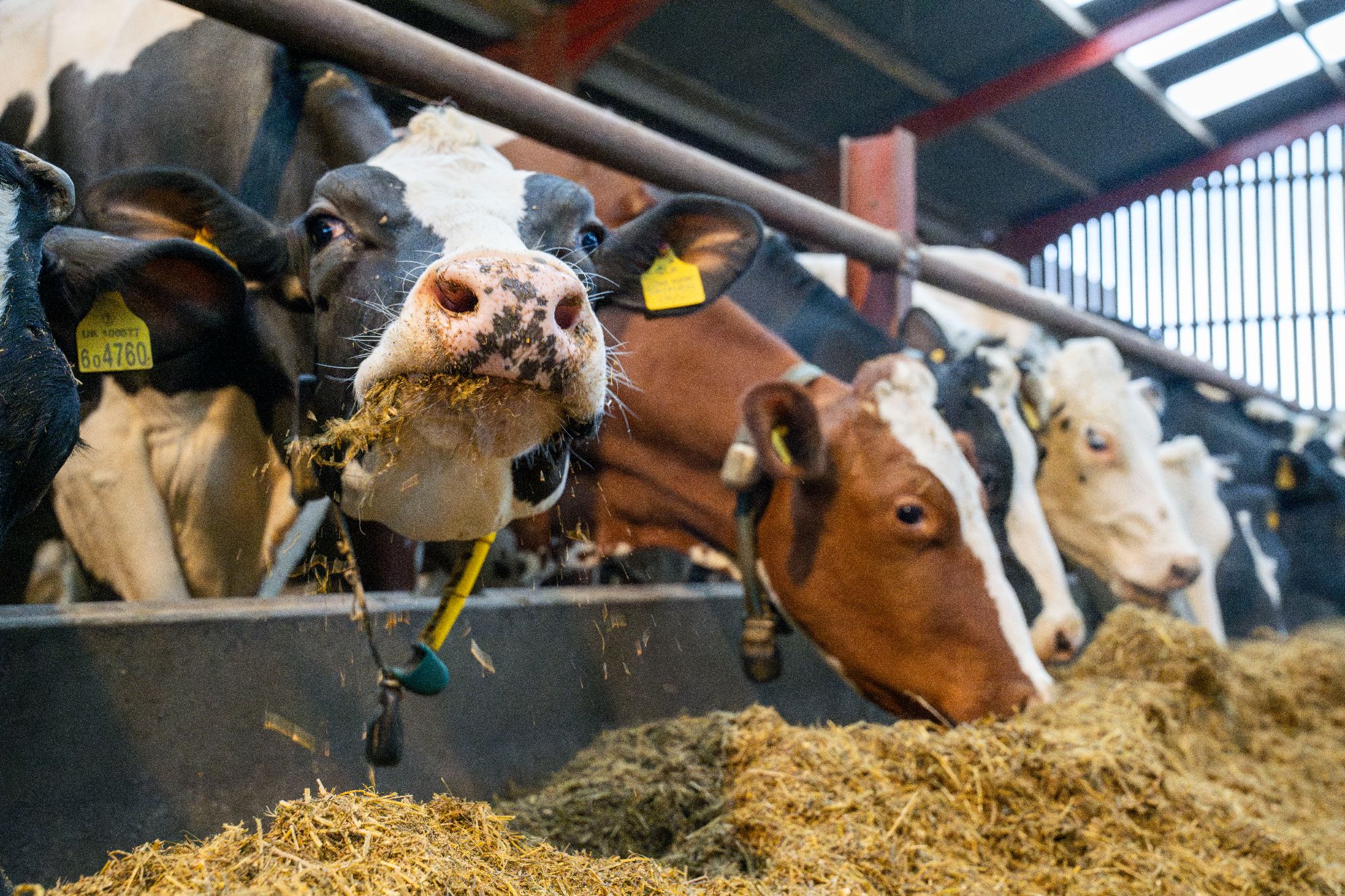
Growth investment
Using our financial strength to drive organic growth
Objectives:
- Invest in organic growth through the manufacture and sale of a complementary product range
- Utilise existing facilities to maximise returns
- Support customer demand through the provision of consistent high quality products
- Use product expansion to increase existing and new customer sales
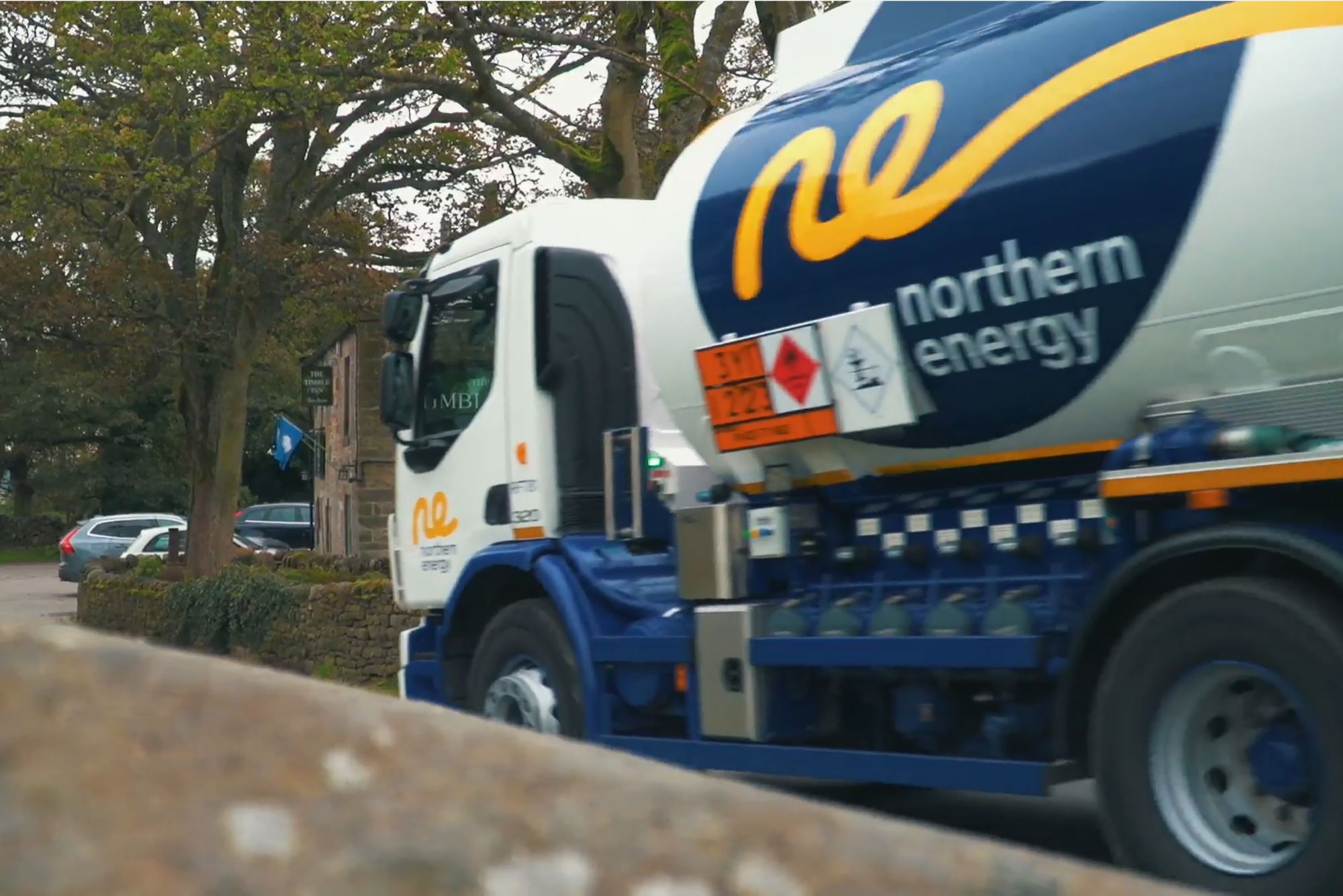
Targeted acquisitions
Strategic M&A in existing and adjacent markets
Objectives:
- Invest in strategic M&A to support the Group strategy of consolidating the fuel distribution market
- Deliver in-year acquisitions
- Integrate efficiently and effectively aligning new delivery locations to the Fuels operating model

Commercial effectiveness
Selling as well as possible through understanding our customers' needs
Development of Fuels regional sales model
Historically our Fuels business has been structured by depot with each depot containing a combination of domestic customer service and commercial sales roles. This meant that, across the 30 Fuels depots, there were very small teams that lacked specialism and critical mass making it difficult to manage a standard sales process and monitor sales performance through KPIs.
To address these challenges the North-West pilot commenced in November 2024. The pilot’s main aims were to:
- Separate roles into specialist teams: Domestic Customer Service and Commercial Sales.
- Consolidate nine small depot sales team into one regional hub in Crewe.
- Establish, track and report a suite of sales and service KPIs.
- Enable regional control over procurement and sales price.
Following a successful pilot period a national roll-out commenced in July 2025. The roll-out across the rest of the Fuels network effectively enables the business to fully separate its commercial and domestic sales teams through the creation of three domestic and three commercial regional hubs. These hubs will align with the regional operating model ensuring end to end service for customers is managed at a regional level with a focus on service metrics and regular voice of customer surveys to ensure we are meeting our customers' needs.
Being in one regionalised location allows the teams to communicate freely and focus on both sales and customer experience. I’m very impressed with the team’s attitude towards the change and look forward to taking it to the next level.
Gemma Wakefield
Operational efficiency
Continuous focus on high service levels combined with a low cost to serve
Development of Fuels regional operational model
Prior to this operational initiative Fuels tankers were allocated to individual depot locations and capacity managed and vehicles routed by the depot manager with no ability to flex capacity between locations. This model led to disparity in vehicle utilisation and geographical crossover in routing with individual depots prioritising their own performance rather than collective efficiency across the region.
To address these challenges the North-West pilot commenced in November 2024. The pilot’s main aims were to:
- Optimise Tanker location by ensuring vehicles were located as close as possible to the majority of their deliveries to drive operational efficiency.
- Consolidate vehicle management and delivery routing into one regional hub in Crewe under the management of transport managers, aligning to the commercial and domestic sales structure.
- Develop and report a suite of operational and service KPIs.
The results effectively showed a reduction in the miles per drop from 14.5 to 13.0.
Following the success of the pilot period a national roll-out commenced in July 2025 with 30 depots consolidated into one national hub for tanker management, which plans the routes of vehicles on a regional basis. This approach aligns with the regional sales model ensuring end to end customer service is supported. The next focus for operational efficiency will be to seek opportunities to extend vehicle utilisation.
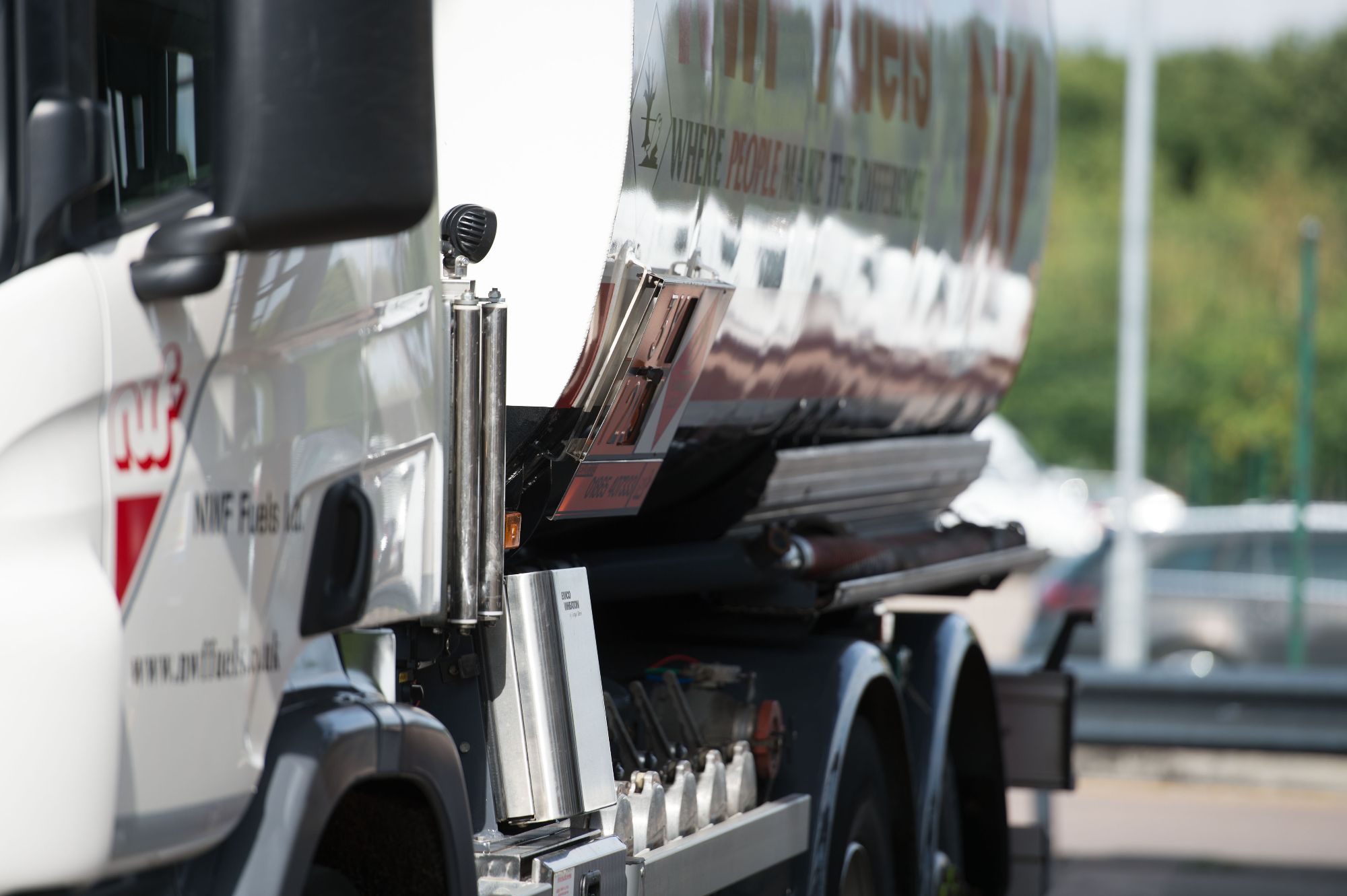
I’m proud to report that our case study has enabled our fleet to operate more efficiently with the support of live KPIs. This helps us create additional capacity for strategic growth in the future. I’m genuinely excited as we move forward and build on the success of this case study across the rest of the country and find further efficiency improvements.
Luke Armitage
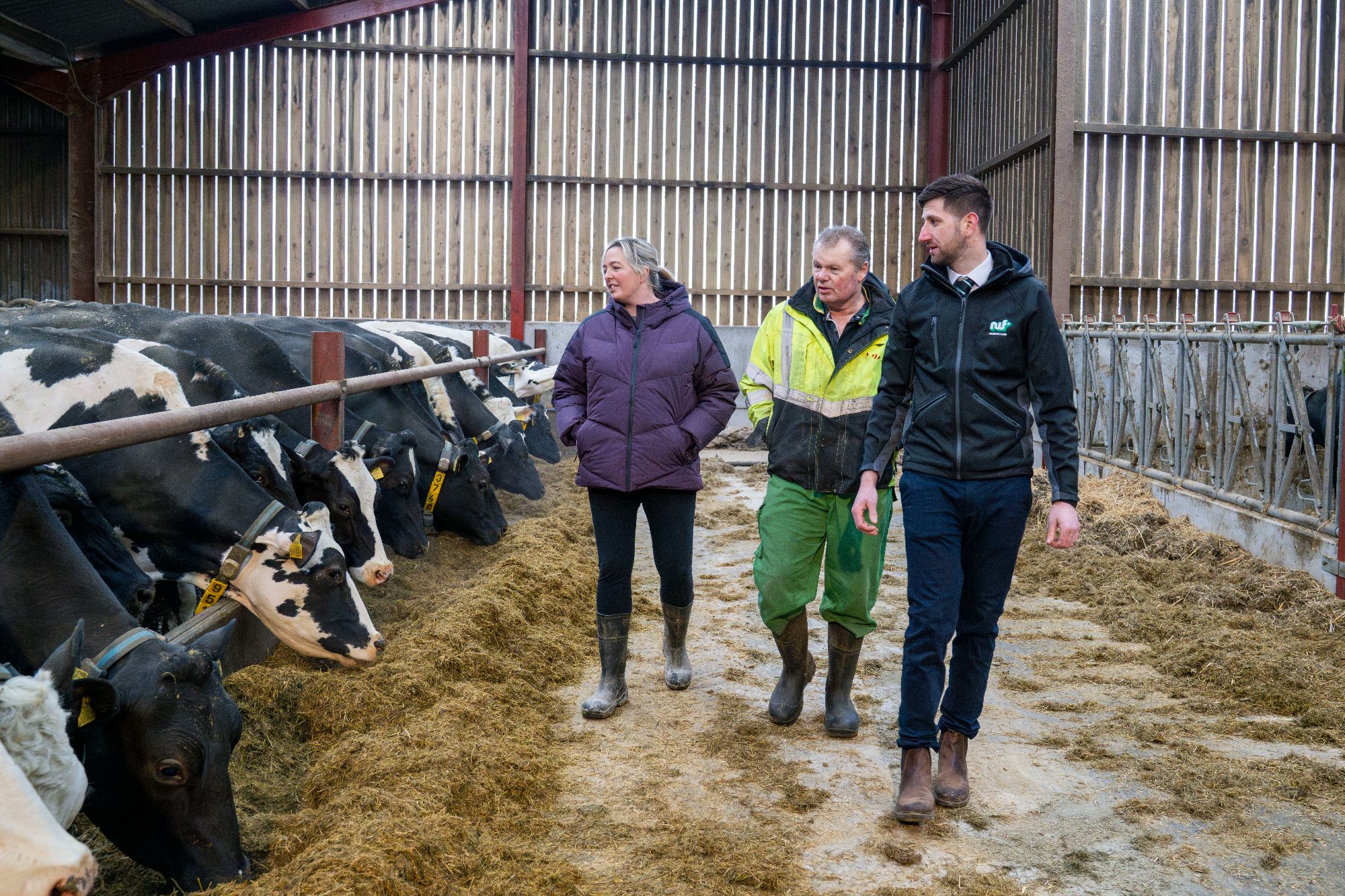
Growth investment
Using our financial strength to drive organic growth
Investment in moist feed production
In our Feeds business we undertook a £750,000 investment in a new
moist feed production facility in Cumbria. Moist feed is normally a
by-product from the brewing industry providing excellent nutrition for cows. As a by-product, supply and product quality can be variable.
Historically NWF Feed customers were buying moist feed from other
suppliers to supplement the cows diet. An opportunity was identified
to use existing facilities combined with some further equipment to
manufacture our own product providing year-round supply and
consistent quality to our customers.
The investment has created a facility capable of producing 45,000 tonnes of moist feed annually to support a market in excess of 1 million tonnes. This complementary product range was launched in January 2025 on a ramp up profile, providing high quality feed solutions to farmers across the North-West of England and South-West of Scotland.
Volumes to date have been strong exceeding plan for the first months of production and continue to support an anticipated IRR in excess of 20%.
The moist feed project has been a great success, meeting strong market demand with a sustainable, year-round feed solution that supports our growth and offers a cost-effective option for our customers.
Rob Warrington
Targeted acquisitions
Strategic M&A in existing and adjacent markets
Consolidation of the Fuels sector
NWF Group is currently No.3 in the UK bulk fuel distribution market with less than 5% market share. The Group’s stated strategy is to consolidate the market through both large and bolt-on acquisitions. In recent years it has completed seven bolt-on acquisitions. To further bolster this strategy the Group completed two further bolt-on acquisitions in the year and has developed a further pipeline of opportunities.
Those acquisitions were:
Northern Energy Oils Limited
Northern Energy Oils was acquired in March 2025. It services a predominantly domestic customer base in Yorkshire, Lincolnshire and the North-East, a complementing region for NWF. The business delivers 42 million litres from 5 depots. Due to the size and location of Northern Energy it effectively consolidates into the NWF Fuels portfolio as a regional hub model. Integration of the business is now complete with performance in line with business case.
Pinnock Brothers (Thatcham) Limited
Pinnock Brothers was acquired in April 2025. The business services a predominantly domestic customer base in Berkshire from its depot near Newbury, delivering 13 million litres. Integration is ongoing.

These acquisitions demonstrate our intent to pursue attractive, earnings accretive transactions consistent with our strong and established track record. Our pipeline of potential Fuels acquisitions remains active, supported by our robust financial position.
Chris Belsham
Chief Executive Officer

